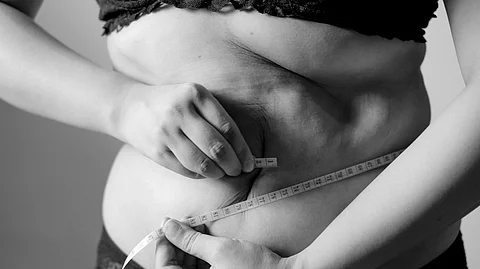By Jordan Francis
Losing weight can lead to significant changes in the body, both physically and mentally. While the prospect of shedding pounds is often exciting, many people overlook the effects it may have on their skin. The process of weight loss involves more than just reducing body fat; it also means adjusting to changes that can impact skin health. Skin, being the body’s largest organ, is not immune to these transformations. As individuals lose weight, the skin may be left behind, unable to fully adjust to a shrinking body. This can lead to issues such as sagging, dryness, and even acne. Understanding how weight loss affects the skin is crucial for anyone embarking on this journey to ensure they protect their skin while achieving their goals.
Fortunately, there are ways to minimize negative effects on skin health. Many experts suggest that gradual weight loss, along with proper skincare and lifestyle habits, can help the skin maintain its firmness and elasticity. Hydration, for example, is key to keeping skin looking youthful and vibrant. Likewise, balanced nutrition and exercise routines can support both weight loss and skin health. Understanding these factors can help individuals take a more holistic approach to weight loss, ensuring they don’t just focus on the numbers on the scale, but also on the overall health of their skin. In this blog, we will explore the various ways weight loss impacts skin and share tips for maintaining healthy, glowing skin throughout the process.


